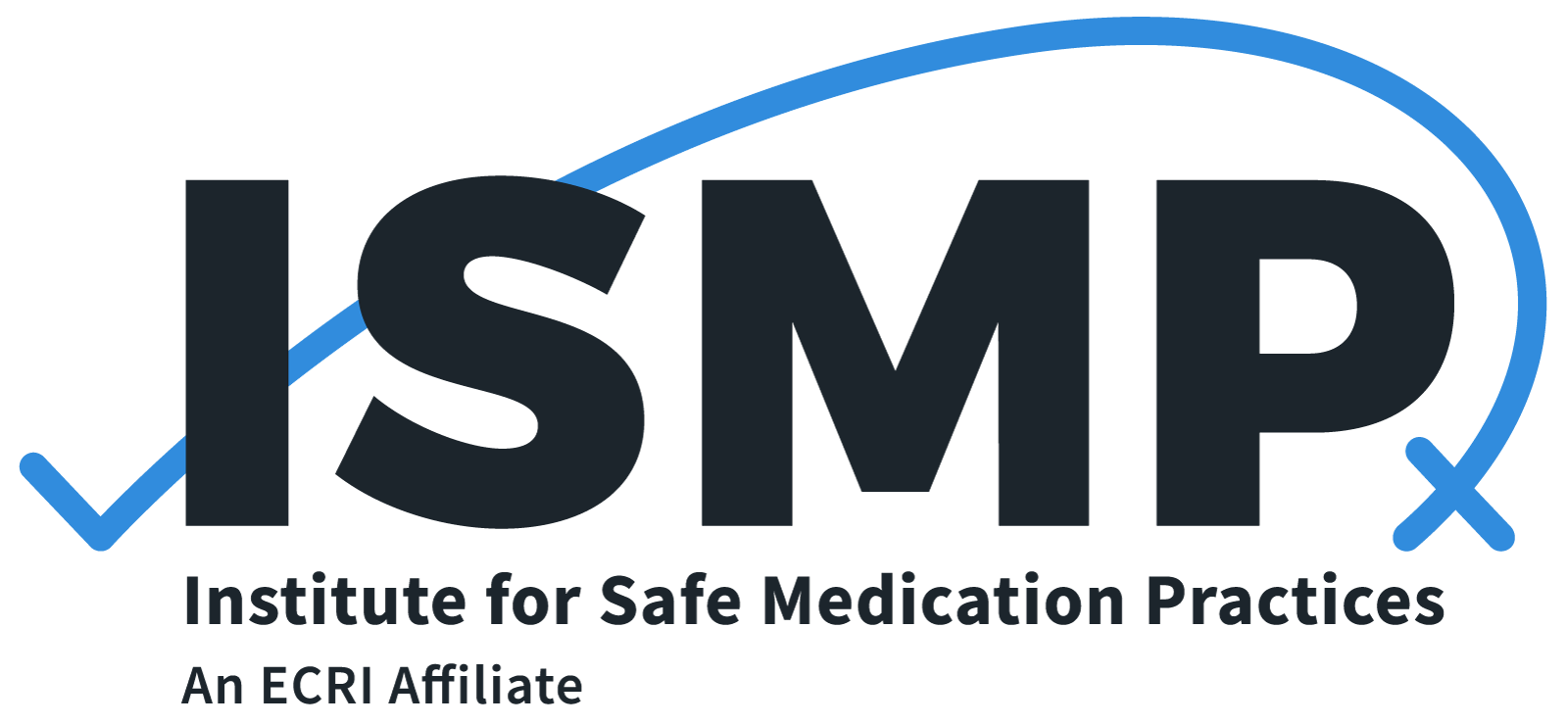The Case for Medication Safety Officers (MSO), an ISMP white paper, draws on ISMP’s years of experience in medication safety to provide detailed information for hospital leadership on the value a MSO can provide.
Since the July 2006 National Academy of Medicine (formerly the Institute of Medicine) report, Preventing Medication Errors, hospitals and health systems have increased their focus on improving medication safety in their organizations. Many have created a specific position dedicated to overseeing the analysis and improved reporting of adverse drug events (ADEs) and coordinating efforts with other departments to implement effective strategies to improve medication safety. This individual is most commonly referred to as an MSO.
Evidence from the ISMP Medication Safety Self Assessment® for Hospitals suggests that hospitals with a MSO have more effective medication safety strategies in place than those that do not have a MSO. Despite this, there often is resistance to bringing an MSO on board in many hospitals because of lack of perceived value by senior leadership and difficulty in justifying the position.
ISMP’s white paper describes the necessity for healthcare organizations to create a centralized leadership role to drive safety improvement. While medication safety is the responsibility of many, the coordination and strategic alignment of the work is optimized if the effort stems from one individual.
Learn More at ISMP's Workshops
The white paper provides a detailed description of the roles of an MSO as a:
- Champion
- Evidence and knowledge steward
- Strategist/advocate
- Facilitator
- Cross-discipline leader
- Data optimizer
How to Cite: Institute for Safe Medication Practices (ISMP). A call to action. The case for medication safety officers (MSO) [White paper]. Horsham, PA: ISMP. 2018.
ISMP gratefully acknowledges the practitioners who assisted in developing and editing this document. The white paper was prepared through a grant from BD.
Access this Free Resource
You must be logged in to view and download this document.
